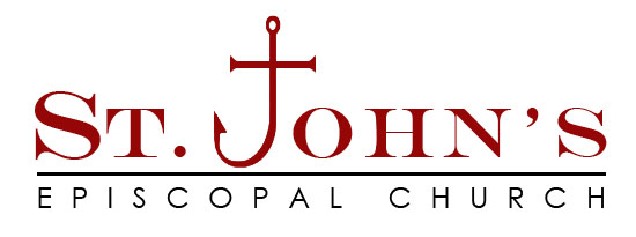Context
If I were to show you a picture today of a blue donkey or a red elephant, most Americans would see some political cartoon. At a different time or in a different country, it might just be an odd color choice. You would know it is not a lesson in zoology, or a confession that I don’t actually know what colors those animals are.
I know an American woman who started a micro enterprise business helping Ugandan women sell solar lanterns on what we might identify as a “tupperware” model. She got bright yellow shirts printed up with the “Solar Sister” logo on them. She later found that many of the womens’ husbands would not let them wear the shirts. Why? Because yellow is the color of the National Resistance Movement political party (the party of the current president of Uganda).
My point is that we always read things in a context. A yellow shirt advocating solar in America would not be a partisan political statement. Similarly, a blue donkey or a red elephant would carry little meaning in Uganda. Knowing what something means often requires some awareness of the culture around it.
The same is sometimes true of Scripture. The Bible was written in a particular context (many different ones, actually), and it is sometimes necessary to pay close attention to that context in order to understand a passage. The entire book of Hebrews is a great example of this.
Hebrews is written with the assumptions of the temple sacrificial system as background. The letter is addressed to people in a culture completely immersed in temple sacrifice as the way to approach God, to receive forgiveness from God, and prepare to go forward in grace. It is to that mindset that the writer wants to show that Jesus of Nazareth replaces that whole sacrificial system, and it is a tough pill to swallow.
In this context, Sunday’s passage from Hebrews lights up. (Click here to read it.) Jesus is the once for all sacrifice for sin. Unlike the animal and grain sacrifices of the temple, Jesus’ sacrifice will not need to be done again and again. Jesus has replaced a system that depended on our faulty efforts (hence the repetition) with one that is complete in Him!
This reminds us that our salvation, our forgiveness depends not on the big “softey” in the sky, but on the real and hard work of forgiveness, accomplished on the cross once and for all. And that’s something to believe in!
This column appeared in the November 11, 2018 issue of St. John’s eNews. Click here for the complete issue.
If you are reading this at a different time, you may click here for the current eNews.
